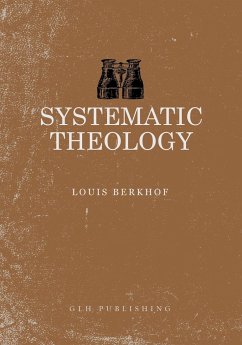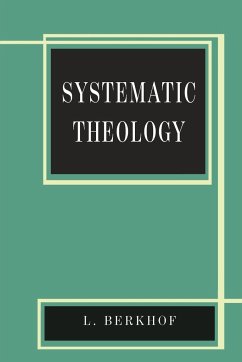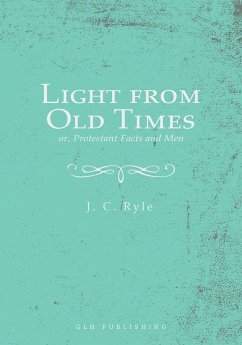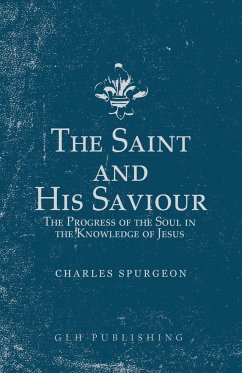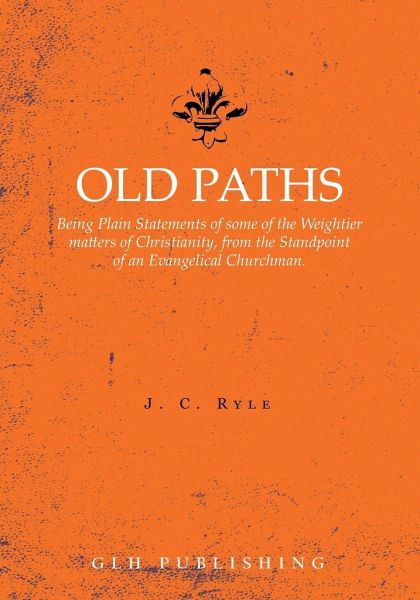
Old Paths
Being Plain Statements of some of the Weightier matters of Christianity, from the Standpoint of an Evangelical Churchman.
Versandkostenfrei!
Versandfertig in 1-2 Wochen
13,99 €
inkl. MwSt.
Weitere Ausgaben:

PAYBACK Punkte
7 °P sammeln!
This volume consists of a series of papers, systematically arranged, on the leading truths of Christianity which are "necessary to salvation." Few, probably, will deny that there are some things in religion about which we may think other people hold very erroneous views, and are, notwithstanding, in no danger of being finally lost. About baptism and the Lord's Supper,-about the Christian ministry,-about forms of prayer and modes of worship,-about the union of Church and State,-about all these things it is commonly admitted that people may differ widely, and yet be finally saved. No doubt there...
This volume consists of a series of papers, systematically arranged, on the leading truths of Christianity which are "necessary to salvation." Few, probably, will deny that there are some things in religion about which we may think other people hold very erroneous views, and are, notwithstanding, in no danger of being finally lost. About baptism and the Lord's Supper,-about the Christian ministry,-about forms of prayer and modes of worship,-about the union of Church and State,-about all these things it is commonly admitted that people may differ widely, and yet be finally saved. No doubt there are always bigots and extreme partisans, who are ready to excommunicate every one who cannot pronounce their Shibboleth on the above-named points. But, speaking generally, to shut out of heaven all who disagree with us about these things, is to take up a position which most thoughtful Christians condemn as unscriptural, narrow, and uncharitable. On the other hand, there are certain great truths of which some knowledge, by common consent, appears essential to salvation. Such truths are the immortality of the soul,-the sinfulness of human nature,-the work of Christ for us as our Redeemer,-the work of the Holy Ghost in us,-forgiveness,-justification,-conversion,-faith,-repentance,-the marks of a right heart,-Christ's invitations,-Christ's intercession,-and the like. If truths like these are not absolutely necessary to salvation, it is difficult to understand how any truths whatever can be called necessary. If people may be saved without knowing anything about these truths, it appears to me that we may throw away our Bibles altogether, and proclaim that the Christian religion is of no use. From such a miserable conclusion I hope most people will shrink back with horror. To open out and explain these great necessary truths,-to confirm them by Scripture,-to enforce them by home appeals to the conscience of all who read this volume,-this is the simple object of the series of papers which is now offered to the public.





